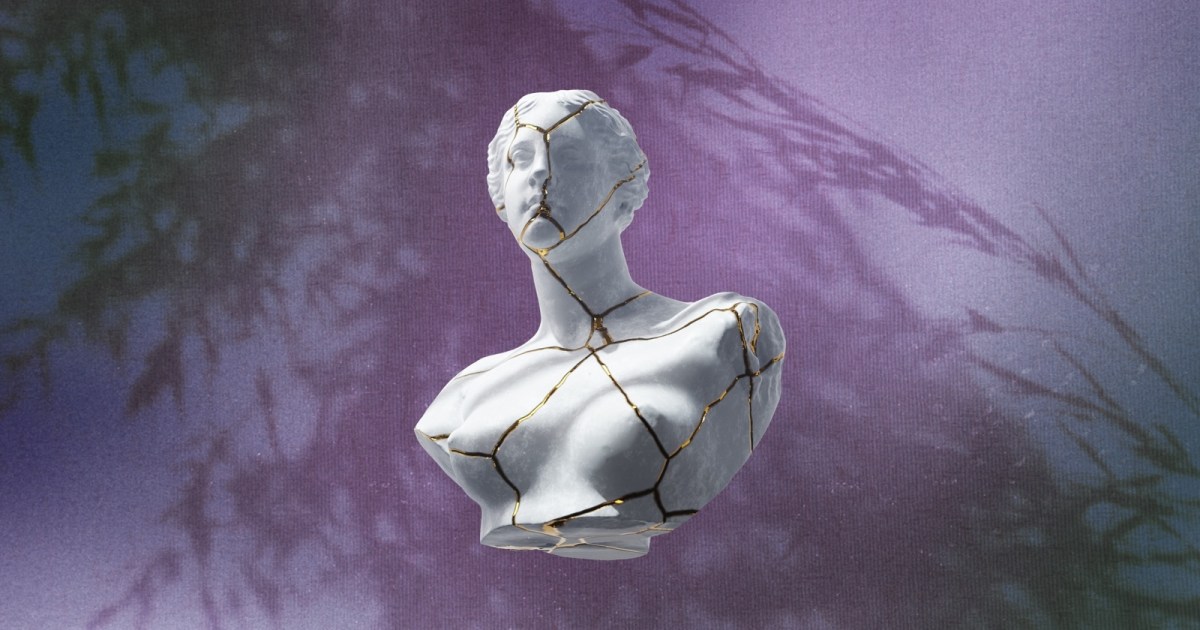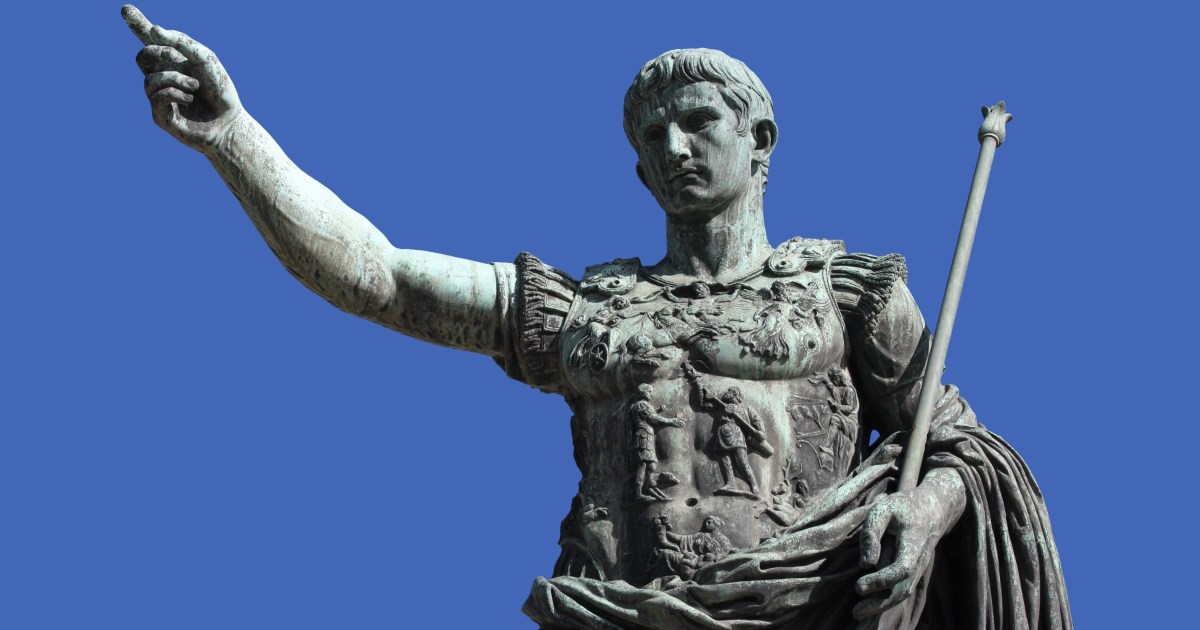I couldn't find a suitable thread for this so I figured I'd start one. Please merge this into a suitable thread if one exists.
This post is more in the spirit of "what's on my mind" and it'd be interesting to hear any counter thoughts.
It's about who we understand ourselves to be, and how we come to that understanding i.e. the self. I've read a few books that have got me thinking a long various lines on this and I just needed somewhere to put the thoughts. In particular, the books are
- The Master and His Emissary by Iain McGilchrist
- Losing Ourselves: Learning to Live Without a Self by Jay L. Garfield
- No Self, No Problem: How Neuropsychology Is Catching Up to Buddhism by Chris Niebauer
Chris Niebauer's book is inspired by the work of Iain McGilchrist but he focussed in on self identity.
Anyways, what's got the thoughts in my mind going are the following ideas
- To a great extent, our idea of who we are exists in relation to others. That is, who we are, as we come to understand our own selves, emerges from our interactions with the external world as we move through life. In this sense, it's hard to "pin down" a "true self" in the sense of something independent and not relational.
- Our idea of who we are, to a great extent, is underpinned by language i.e. what others tell us, what we tell ourselves, that inner dialogue that's constantly running throughout your life. It makes you wonder, if you completely remove language, including that inner dialogue, how would you come to understand yourself? (ps, I don't think it's possible to not have language as a human)
In one of the books, the self is described as somewhat "illusionary" in the sense that it doesn't exist as a concrete entity (i.e. the idea we have of who we are). The argument made is it largely exists as a relational entity and is defined through this. A good example given is let's say, the idea of a £20 note. What a £20 note is and the value it holds only exists within the context of our society and culture, it's not really "real" in a "true" sense.
The other stuff I found interesting is how "the world out there as you sense it" through your senses isn't really "out there" but in your mind - in the sense that what you perceive is all being interpreted within you via your senses / mind. In a weird way, this also includes other living beings. I think this idea is expounded on quite a lot by a guy called Donald Hoffman
You can see where the Buddhist angle starts to come in. These ideas and books start to make convincing arguments about "who you are / how you understand it" and arrive at the very convincing position of "a huge aspect of you isn't really "real", not in the "true" sense" (think the £20 note) and then you move into the whole thing about "embeddedness" in our world and the illusion of "duality" (I think this is where the idea of "all is one" starts to emerge) etc.
You know what, in all these I can start to perceive the rough outlines of the following
- Why we potentially don't remember past lives. If you think about it, in each life we are a different "self" (i.e. the idea of who we think we are) and that self is a keen to the £20 note (i.e. real within the context it existed in but not really outside that context) and so when we die, that self dies. I posit that when we die and enter 5D, our idea of who we are undergoes a major transformation and the "garment" we wore in the previous life is stripped away i.e. you don't come to understand "yourself" as you did whilst you were incarnate.
- The whole variable physicality thing that exists in 4D must be linked in someway to our perception of who we are in relation to the "outside" world. In some weird way, the outside world isn't really "outside" of you and you aren't outside of it.
- Language as far as I know doesn't really exist in 4D and so the understanding of 4D Beings of who they are and how they relate to the outside isn't underpinned by language. It's kind of crazy.
Okay, having said all the above, there are things I'm still trying to get my head around and come to a better understanding of
- I do agree to a huge degree upon the notion of a "false" self i.e. a self that has come into existence through me relating to the world and the language that underpins my interpretation of the world and myself. I would say this is the self via the left brain hemisphere. I do think there is a more "fundamental" self though but this self is not underpinned by language and so my ability to define this other self is not there. I'm thinking of it in the sense of the left brain trying to describe or access the right brain.
- I think the whole idea of a self, at a certain level, becomes interesting. If you think about it, we only know of this idea through the perspective of our 3D existence. What it really is, in a true sense, I believe may be beyond our grasp and it's something that will likely evolve further as we move to 4D.
- The whole "relational" aspect underpinning the self in a weird way starts to connect to the idea of STS and STO. If our idea of who we are "emerges" from our relations with the environment we find ourselves in, then there's something to that "feedback loop" that you get from the environment that really drives home who you are (or at least that idea of who you are).
In any case, I'll stop rambling now. There's a few thoughts flying through my mind and I'm trying to make them coherent.
Before I finish though, something else I read was also interesting and it's more to do with memory. When we remember the past, it's not like our mind stored a photo or video of what we are trying to remember and so the act of memory is recalling that photo or video. What our minds actually do is "recreate" that event we are trying to remember. Memory is an act of recreation. I thought that was interesting!





